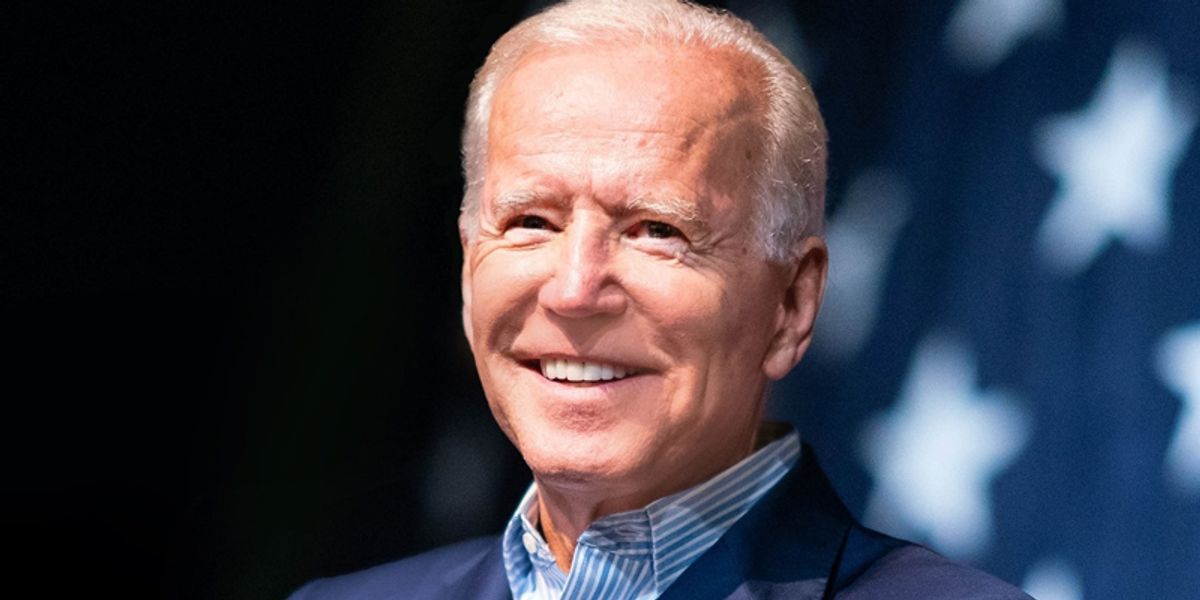the auto workers recent 30% wage increase. A 30% increase in the price for a new car does not sound like zero inflation to me.
A 30% increase in wages doesn't imply a 30% increase in prices, not least because wages are a small part of total costs.
Or do you think that Ford and GM get free steel, free rubber, free power, and free machinery that they use to build cars in their free factories on free land, where they pay zero taxes, before shipping the finished vehicles at no cost to dealerships that market them free of charge?
All of these things (and many more) would either have to cost them zero dollars (or rise in perfect lockstep with the wages of the UAW employees), for the relationship you are asserting to be correct.
And to describe this pay deal as "a 30% increase" is irresponsible and misleading reporting. They actually get 11% now, plus a commitment to a further 14% over the next four years.
So in the real world, an 11% pay increase for UAW employees adds a tiny percentage to the retail cost of a new car, and may add nothing at all to the price. Cost is largely outside the corporation's control, but price is entirely determined by them. The only constraint is that they're unlikely to want to sell very many units at less than cost.
To suggest that this implies a 30% increase in
per annum wage costs (inflation is a per annum figure) is utter nonsense. And alongside the suggestion that this also implies a 30% per annum increase in retail prices for their products, this idea is nonsense squared.
Labour is about 10-15% of the cost of an automobile*. Assuming (big assumption) that the entire cost of the 11% pay increase this year were to be added on to the retail price of a car, the increase in car prices as a consequence of this "30% wage increase" would be 1.1 to 1.65% this year, which is below the Fed's 2% inflation target. The increase in subsequent years is rather lower again.
You really need to learn how to think for yourself before becoming outraged, if you're going to keep your blood pressure at a safe level in a world in which you are bombarded by this kind of nonsense squared propaganda.
Cars aren't going to be the source of above target inflation as a result of this pay rise, even if cars were a large fraction of people's annual spending, which (as most people don't buy a car every year), they certainly are not.
*ETA - if the figure quoted above of 7% is correct, and I have no reason to say it's not, then the implied cost increase is well below 1% (0.77% to be precise), and still there's no reason to expect it to be entirely reflected by any price increase.


